- Replies 94
- Views 11k
- Created
- Last Reply
Most active in this topic
-
boba 29 posts
-
Amsterdam Russ 11 posts
-
Sleeps45 4 posts
-
Mick Holdsworth 3 posts
Most Popular Posts
-
There seems to be plenty of glue experts on this thread....it's amazing what can be learnt from a misspent youth round the back of the offy..... Just waiting for some-one to
-
I would have had that glue every flippin where, all over the record, labels, record player & me...it would have been a right pot mess lol . Russ
Featured Replies

This topic is now closed to further replies.


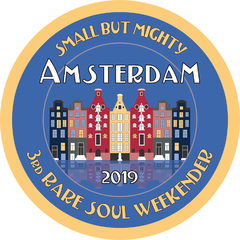

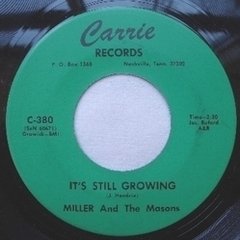
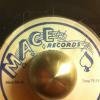

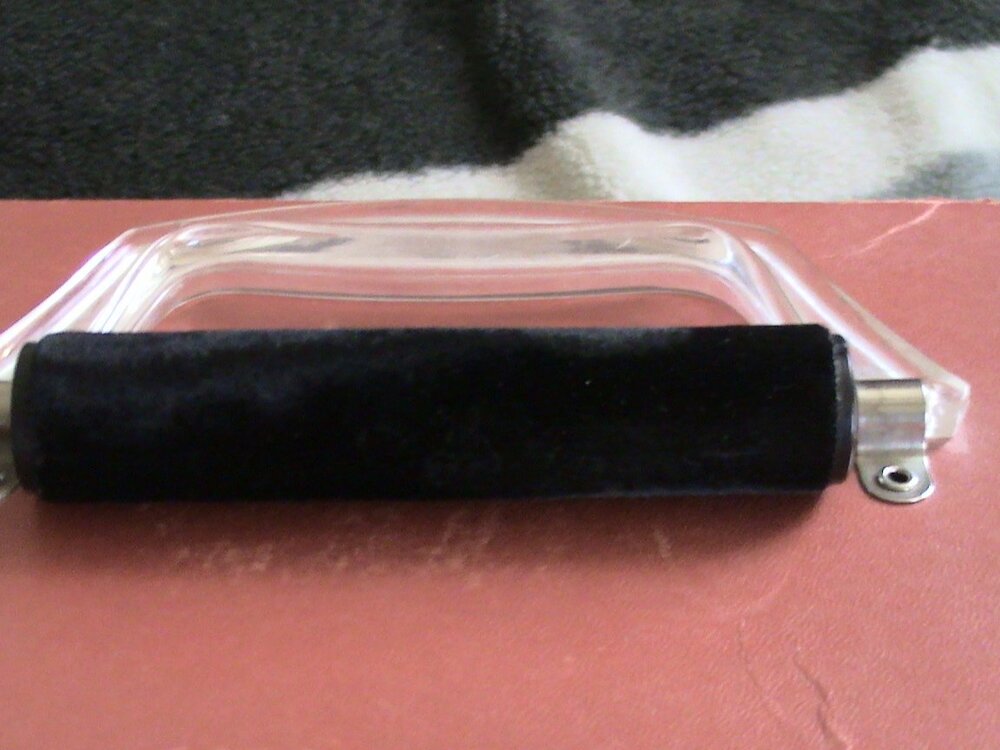

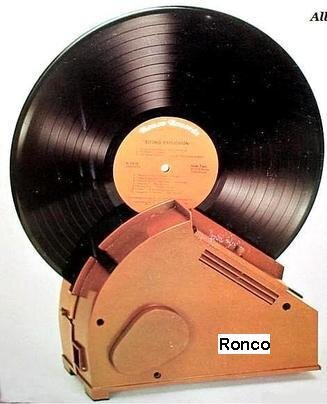
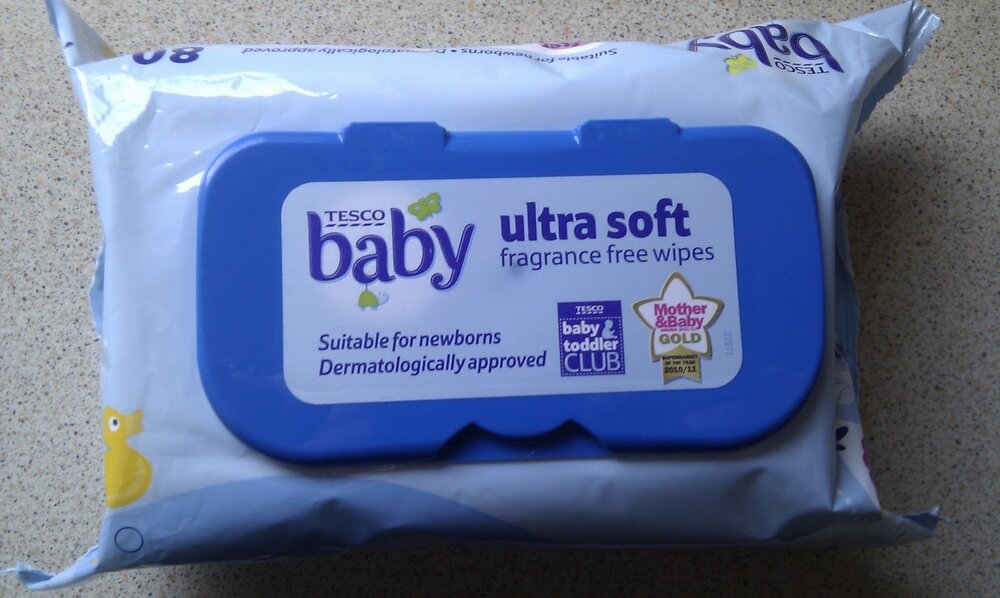
What do you find is the best way to "restore" noisy vinyl?
I have a couple of singles that would benefit from a good clean/restoration of some kind, but have never been sure of the best way to go about it.
What's the best way to clean/get rid of surface noise on those 45s you've managed to find in junk shops/warehouses/attics etc that are in a bit of a state?
Cheers